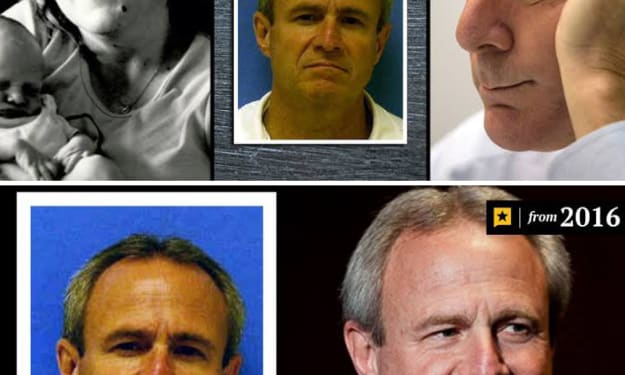Ryan Ferguson's Wrongful Conviction
Ryan Ferguson, wrongly convicted of a 2005 murder, spent nearly a decade imprisoned before his release in 2013.

Ryan Ferguson's story is a tragic example of a flawed justice system that led to a wrongful conviction. In 2005, Ferguson, a young man from the United States, found himself at the center of a murder case that would change his life forever. Accused of the murder of Kent Heitholt, a sports editor for the Columbia Daily Tribune, Ferguson was convicted based on questionable evidence and a trial riddled with errors.
The case against Ferguson primarily rested on two pillars: a confession and eyewitness testimony. Ferguson's supposed confession was obtained under dubious circumstances. He was interrogated for hours without a lawyer present, and during this time, he reportedly provided incriminating statements. Later, he recanted these statements, claiming that he had been coerced and manipulated into confessing to a crime he did not commit. This raised significant concerns about the reliability of confessions obtained during lengthy and intense interrogations, especially without proper legal representation.
Eyewitness testimony played a pivotal role in Ferguson's conviction. Charles Erickson, a former classmate of Ferguson, implicated both himself and Ferguson in the murder. Erickson's account of the crime was inconsistent and changed over time. Nevertheless, his testimony was used to link Ferguson to the murder scene. The case highlighted the fallibility of eyewitness testimony and how suggestive questioning and external pressures can lead to inaccurate identifications and recollections.
As the trial proceeded, it became evident that there were multiple flaws in the investigation and the legal process. Critical pieces of evidence were not presented to the jury, and the defense was unable to challenge the validity of the eyewitness testimony effectively. The lack of physical evidence connecting Ferguson to the crime scene further underscored the weakness of the case against him.
Throughout his years in prison, Ferguson and his legal team tirelessly fought to prove his innocence. New evidence began to emerge, pointing towards potential alternate suspects and casting doubt on the validity of the eyewitness testimony. Key witnesses who had previously testified against Ferguson recanted their statements, highlighting the unreliable nature of their initial accounts. Additionally, DNA evidence that could have potentially exonerated Ferguson was not properly tested or presented during the trial.
The case garnered significant media attention and public scrutiny, ultimately leading to a reexamination of the evidence and legal proceedings. In 2013, after nearly a decade behind bars, Ferguson's conviction was overturned. The Missouri Court of Appeals ruled that his constitutional rights had been violated during the trial due to the prosecution's failure to disclose exculpatory evidence. The court recognized that the case against Ferguson had been built on a weak foundation of unreliable witness statements and questionable interrogation tactics.
Ryan Ferguson's case serves as a stark reminder of the potential pitfalls within the criminal justice system. It highlights the danger of relying solely on confessions obtained under coercive circumstances and eyewitness testimonies that can be easily influenced. Ferguson's ordeal underscores the importance of proper legal representation, thorough investigations, and the duty of the prosecution to share all evidence, both incriminating and exculpatory, with the defense.
In the aftermath of his release, Ryan Ferguson has become an advocate for criminal justice reform and raising awareness about wrongful convictions. His story has contributed to discussions around the need for improved interrogation techniques, safeguards against false confessions, and the critical role of evidence presentation in ensuring fair trials. While Ferguson's journey to exoneration was arduous and painful, his case stands as a testament to the resilience of the human spirit and the ongoing battle to rectify systemic flaws within the legal system.





Comments
There are no comments for this story
Be the first to respond and start the conversation.